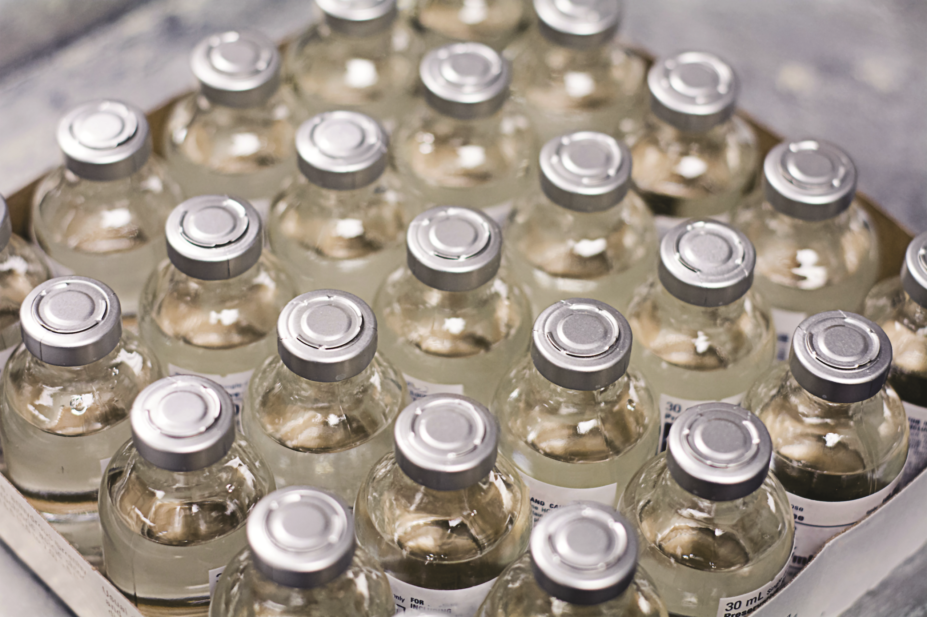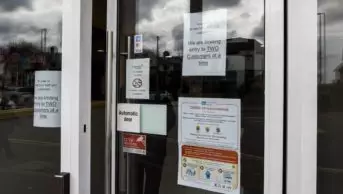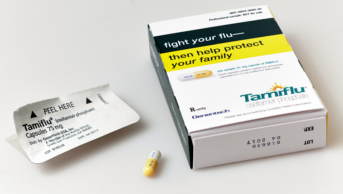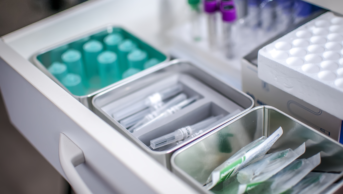
Shutterstock.com
Some 1.3 million flu vaccinations were given by community pharmacists in England in the 2017/2018 season,in what has been described a “hugely significant milestone” by professional negotiators.
This totals 393,304 more vaccinations than the previous season. In addition, 71.1% of all community pharmacies in England participated in the latest vaccination programme — 530 more than in the previous flu season, NHS Business Services Authority figures have revealed.
Each pharmacist that provided the advanced service as part of their national contract carried out an average 150 vaccines, the figures show. One pharmacy contractor administered more than 1,000 jabs.
Alistair Buxton, director of NHS services at the Pharmaceutical Services Negotiating Committee, said: “This is a hugely significant milestone for community pharmacy teams across the country, and it is a testament to their hard work, dedication and commitment to deliver the best service to their patients, despite the current pressures facing the sector.”
He added that it was no surprise that the number of vaccines being given in community pharmacy was increasing annually, as “pharmacy teams have a real appetite to offer patients and local communities more clinical services and ease burden on other healthcare providers.”
Further flu vaccination data published by Public Health England looked at the uptake of the flu vaccination in GP patients between September 2017 and January 2018. The report found that while the “majority” of vaccinations are still delivered within GP practices, there has been a “gradual” increase in vaccinations occurring in other settings.
“The highest percentage of vaccinations outside of GP practices were given to patients aged 65 and over in pharmacies (9.8% of all 65 and over vaccinations). Vaccinations in pharmacy have increased slightly for all patients groups this season,” it said.
The majority of patients aged 6 months to under 65 years in an at-risk group had their vaccine at a GP practice (86.7%), compared to 8.2% who went to their community pharmacy instead.
Some 86.4% of pregnant women, including those in an at-risk group, had their vaccine at a GP surgery compared to 5.5% who visited their community pharmacy.
And nearly all two- and three-year-olds (98.8% and 98.7% respectively) had their vaccine at their GP surgery. Only 0.1% of children from each age group had it administered at a community pharmacy.
The report concluded: “Influenza vaccine uptake in the 2017 to 2018 winter season increased in all of the eligible cohorts compared to the previous year. Overall, we see a successful influenza vaccine uptake campaign in 2017 to 2018 and monitoring in the eligible cohorts will continue in future seasons.”
Community pharmacies have been able to offer flu vaccinations as an advanced service under their national contract in England since 2015/2016, but it is not mandatory. In order to be eligible, pharmacies must have an appropriate consulting room. While distance selling pharmacies (registered pharmacy websites) are potentially eligible to provide a vaccination service, lack of a consulting room makes it impractical for this pharmacy sector.


